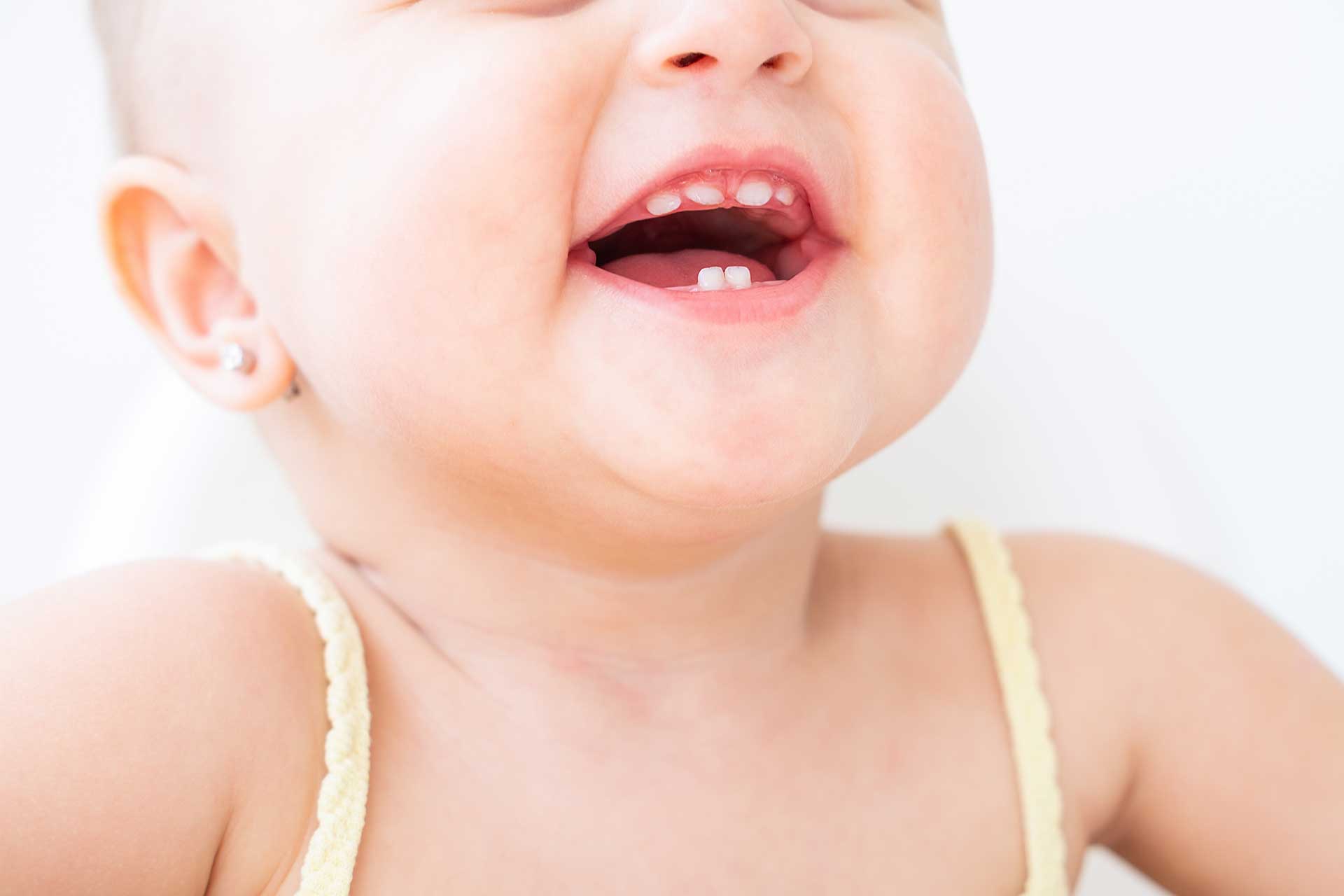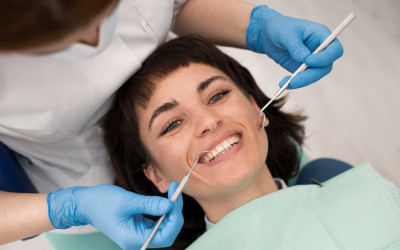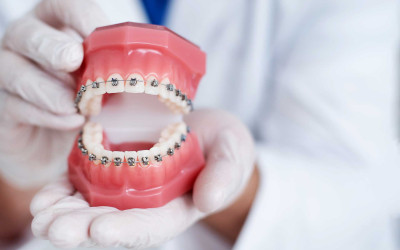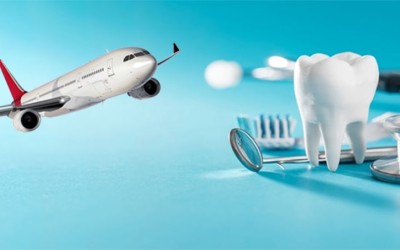Why Baby Teeth Should Not Be Lost Prematurely and What Treatments Should Be Done Early

Why Baby Teeth Should Not Be Lost Prematurely and What Treatments Should Be Done Early
- 27 September 2024
- 3639 views
Click now to discover treatments to prevent the early loss of baby teeth! Learn the necessary precautions to take as a parent.
This content is for informational purposes only and does not replace medical advice, diagnosis, or treatment. Please consult a healthcare professional for any health concerns.
Table of Contents
Baby teeth play a critical role in a child's development. Although they are considered temporary, these teeth are essential not only for basic functions such as eating and speaking but also for the proper eruption of permanent teeth. However, baby teeth can sometimes be lost prematurely, which can negatively affect a child’s oral health and overall development.
Importance of Baby Teeth
Baby teeth are vital for a child’s jaw development, speech abilities, nutritional habits, and aesthetic appearance. They serve as placeholders for permanent teeth, helping them to erupt in the correct position. If baby teeth are lost prematurely, this placeholder function is compromised, leading to potential misalignment or incorrect positioning of permanent teeth. This can result in orthodontic problems and long-term dental health issues.
Chewing and Nutrition
Children need their baby teeth to chew hard and solid foods. Losing these teeth early can adversely affect their eating habits. Inadequate chewing can lead to digestive problems and negatively impact a child’s growth.
Speech Development
Baby teeth also play a significant role in a child’s speech development. Teeth are necessary for producing certain sounds correctly. For instance, sounds like "s," "z," and "th" are produced properly with the presence of teeth. Premature loss of baby teeth can negatively impact a child’s speech abilities, which may require speech therapy in the long term.
Jaw and Facial Development
Baby teeth contribute to the proper development of the jaw and facial bones. They exert pressure on the jawbone, ensuring its correct development. Early loss of baby teeth can affect jawbone development and potentially lead to aesthetic issues with facial appearance. Insufficient jawbone development may also make it difficult for permanent teeth to erupt properly in later years.
Causes of Premature Loss of Baby Teeth
Various factors can lead to the premature loss of baby teeth. These factors include trauma, cavities, infections, and genetic factors. Each cause can have different effects on the child, making early treatment crucial.
- Trauma: Children can injure their teeth during play or accidents such as falls. Such trauma can cause baby teeth to break or become displaced. Damage to the tooth root from trauma can lead to early loss of the tooth.
- Cavities: Tooth decay is one of the most common causes of premature loss of baby teeth. Children often have a tendency to consume sugary foods and drinks, which can lead to cavities and eventual loss of teeth. Preventing and treating cavities is critical for maintaining the health of baby teeth.
- Infections: Tooth infections can damage the roots of baby teeth, leading to their early loss. Infections may result from tooth decay or poor oral hygiene. Untreated infections can inevitably lead to tooth loss.
- Genetic Factors: Some children may lose their baby teeth early due to genetic factors that result in structurally weak teeth.
Treatments to Apply Early
When baby teeth are lost prematurely, various treatments can help protect a child’s oral health and prevent potential orthodontic problems. These treatments generally include:
Space Maintainers
Space maintainers are appliances used to ensure that permanent teeth erupt in the correct position when baby teeth are lost prematurely. These devices maintain the space left by the lost tooth, preventing adjacent teeth from shifting and allowing proper jaw development.
Fillings and Crowns
If baby teeth are damaged due to decay, restorative treatments such as fillings or crowns can be used to protect the tooth. These treatments remove the decayed portion of the tooth and fill the cavity to restore the tooth’s function.
Infection Treatment
Treating tooth infections is crucial to prevent early loss of the tooth. Infected areas are cleaned, and antibiotics may be prescribed if necessary. This helps prevent the spread of infection and avoids tooth loss.
Orthodontic Interventions
Premature loss of baby teeth can lead to orthodontic problems in the future, making early orthodontic interventions necessary. These interventions help guide the eruption of teeth and direct jaw development.
Regular dental check-ups and timely treatments are essential for maintaining children’s dental health. Healthy baby teeth are a foundation for future dental health!







